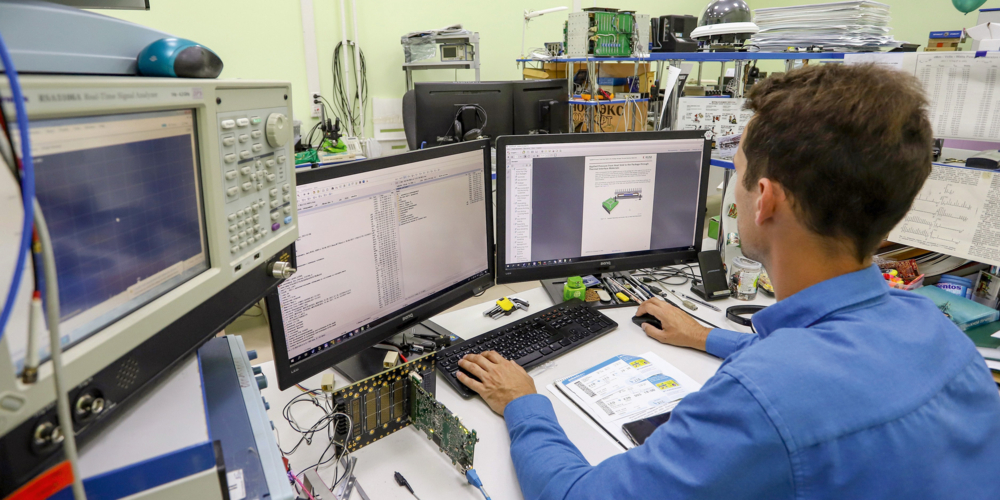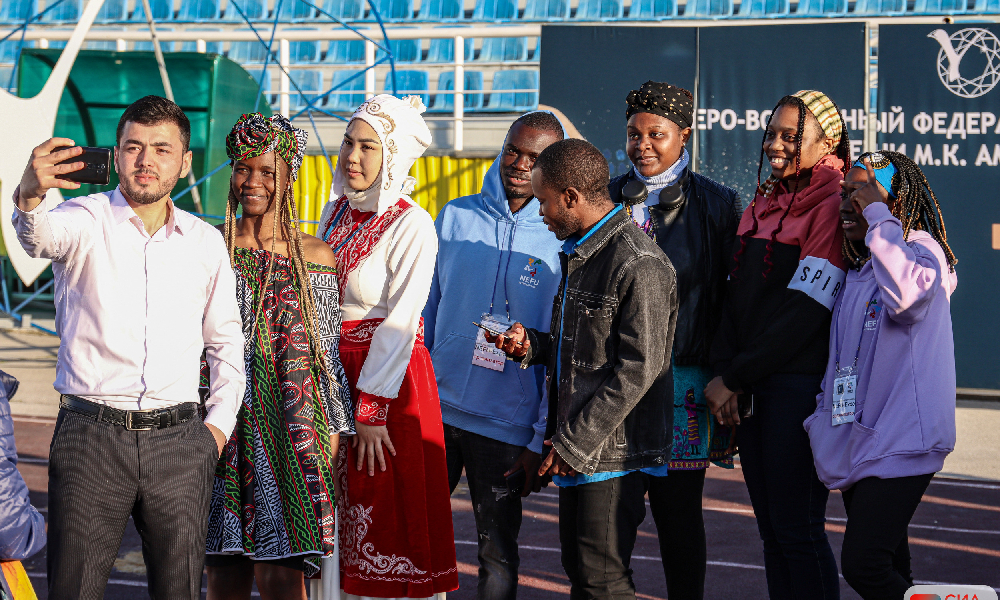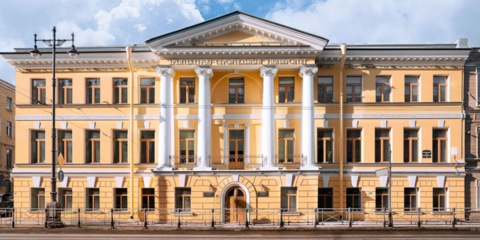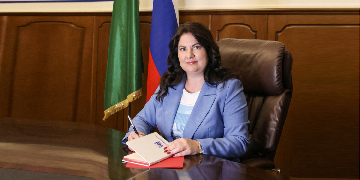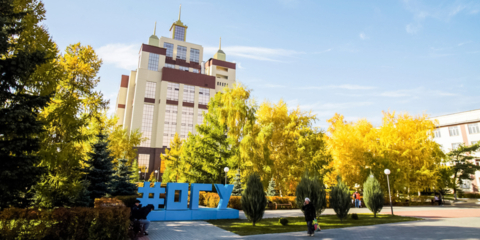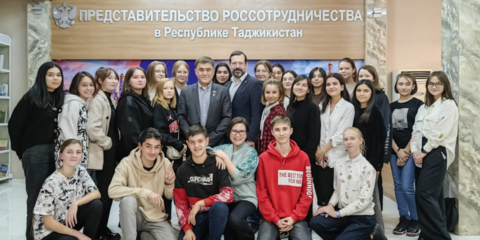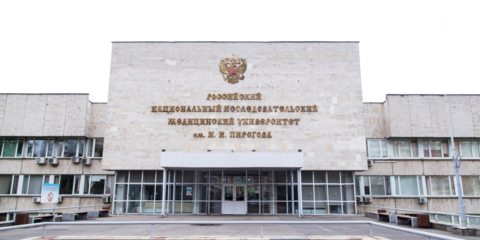Every year a lot of international students come to study at Russian universities. Russian education is especially popular among students from the CIS countries – 85% of students come from Kazakhstan, Uzbekistan, Tajikistan, Turkmenistan, Kyrgyzstan.
High-quality training, living conditions, well-developed campus infrastructure, active international cooperation, exchange programs, opportunities for successful personal development in science, sports and Olympiad movement – all of this attracts talented students to Russian universities.
Partners and friends
For many years, Russia and the countries of Central Asia have been united by the ties of friendship and traditions of mutual support, trust and respect. The Russian regions support the expansion of relations and exchanges with the partners from Asia in art and culture, through public associations, religious, economic or other associations, contribute to the development of cooperation among youth organizations and student exchange.
Our countries successfully implement large-scale joint projects. For example, Uzbekistan is building the first nuclear power plant in cooperation with the Russian specialists. Sangtudin Hydropower Plant-1 (it provides over 12% of electric power output in the republic) has been working in Tajikistan for over ten years. Last year Russia's largest automobile corporation KAMAZ supplied around 2,000 pieces of automotive equipment to Turkmenistan. Kyrgyzstan has launched the Talas gold ore plant. Mineral fertilizers are jointly produced in the Zhambyl region of Kazakhstan.
Cultural and humanitarian relations between our countries are also well-developed. Children have the opportunity to go to Russian schools. Central Asia has the Internet resource "Russian School Support System" supported by Rossotrudnichestvo. With its assistance, students and teachers have the opportunity to gain free access to thousands of e-books of diverse content and various purpose. Significantly, studying at Russian-language schools provides applicants from the CIS countries with the opportunity to apply to Russian universities on equal terms with Russian citizens.
Kazakhstan, Kyrgyzstan, Tajikistan, and Uzbekistan have Russian Houses, and Turkmenistan has the Embassy of Russia. In the absence of language barriers, Russian universities take an active part in educational platforms and fairs held in the CIS countries and organize various Olympiads.
According to the Ministry of Science and Higher Education of Russia, 85% of international students come to Russia from the CIS countries: Kazakhstan, Uzbekistan, Turkmenistan, Tajikistan, Kyrgyzstan. Every year around 160,000 citizens of the Central Asia states study in Russia, 60,000 of them studying within the quota.
